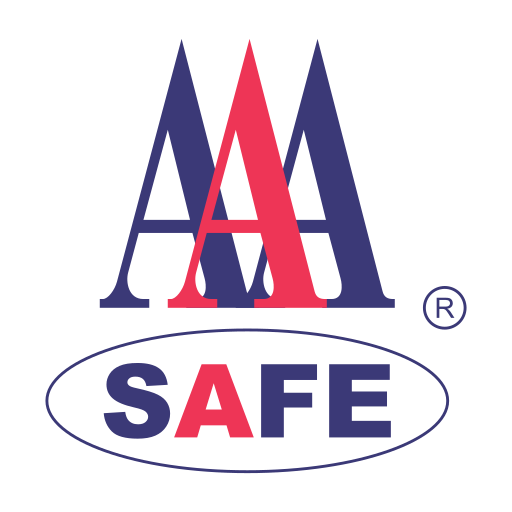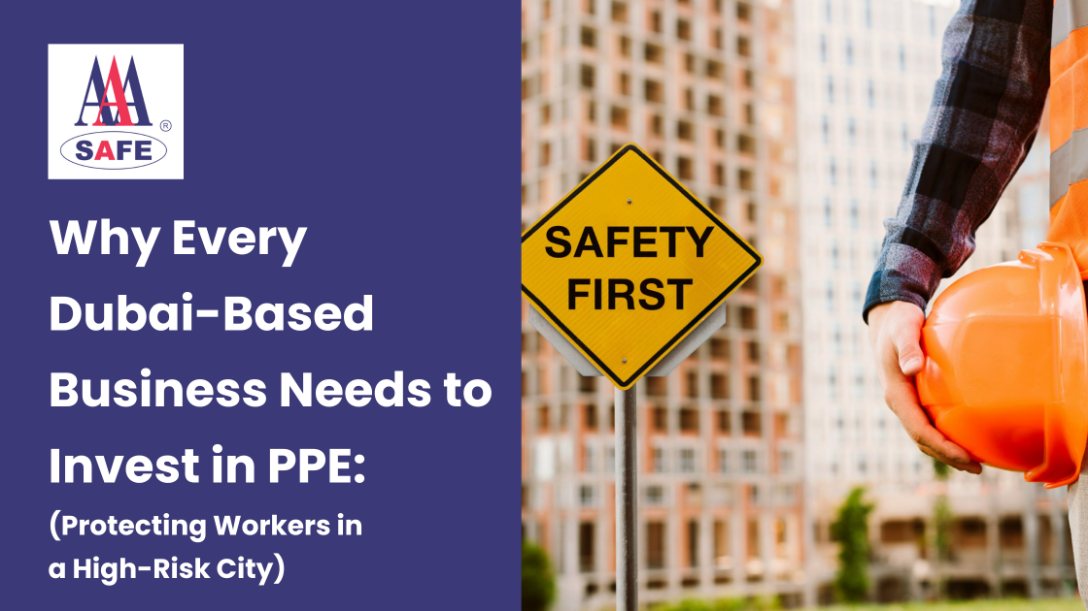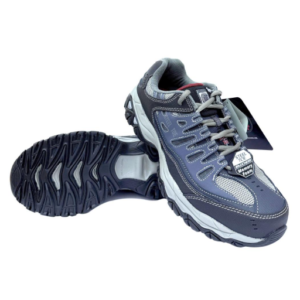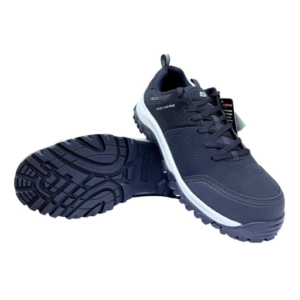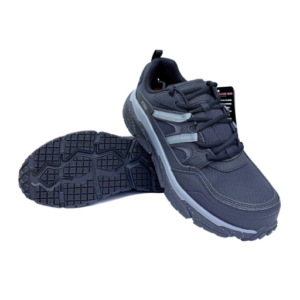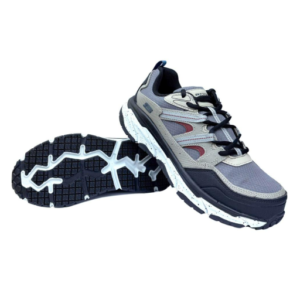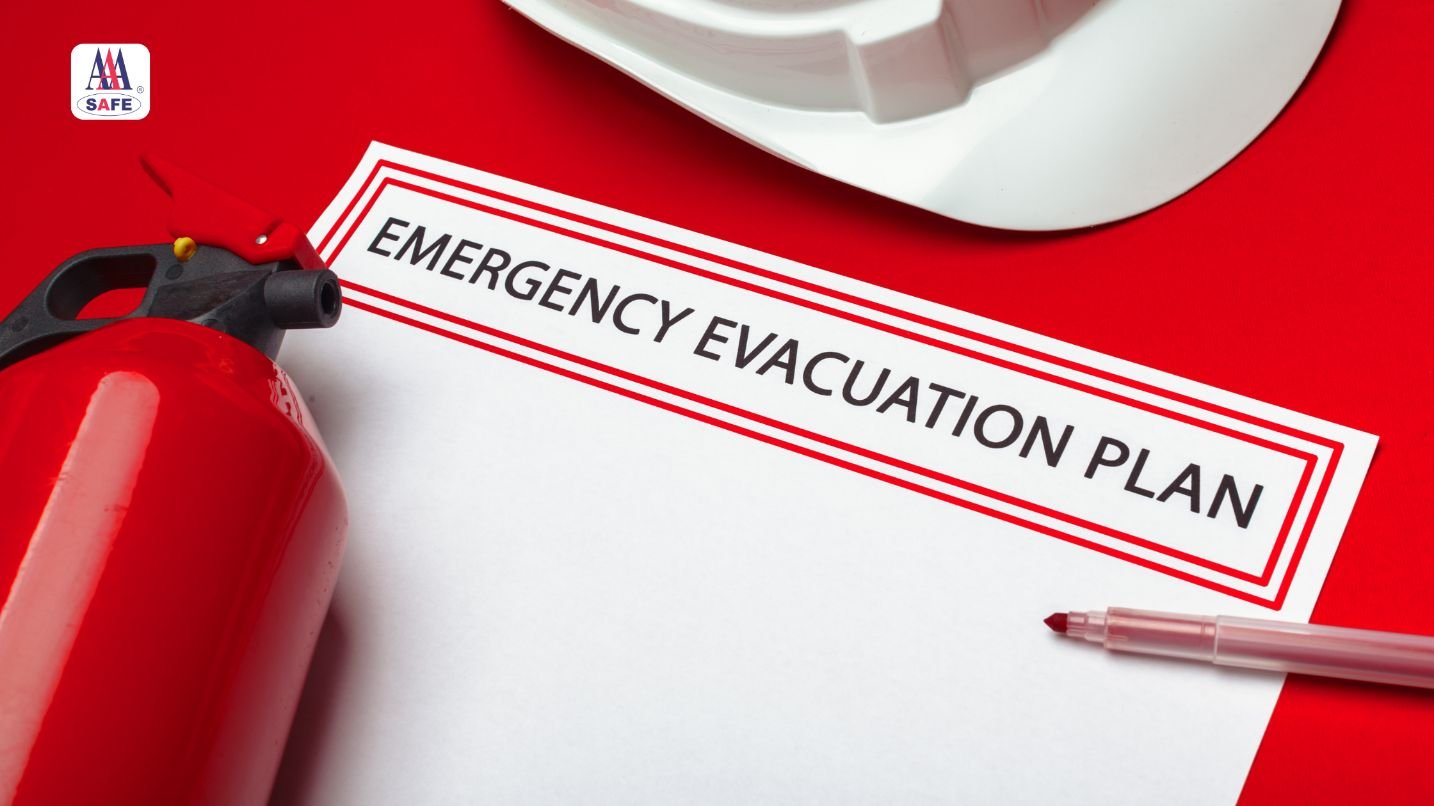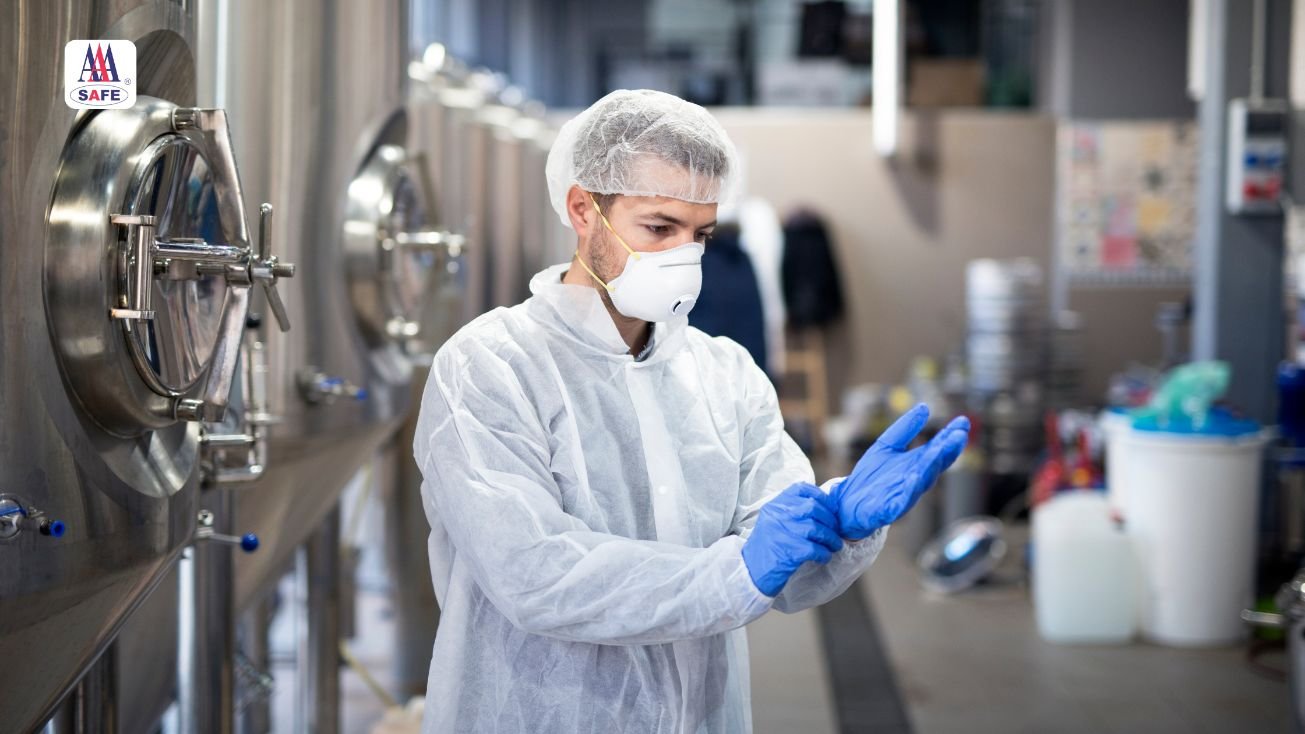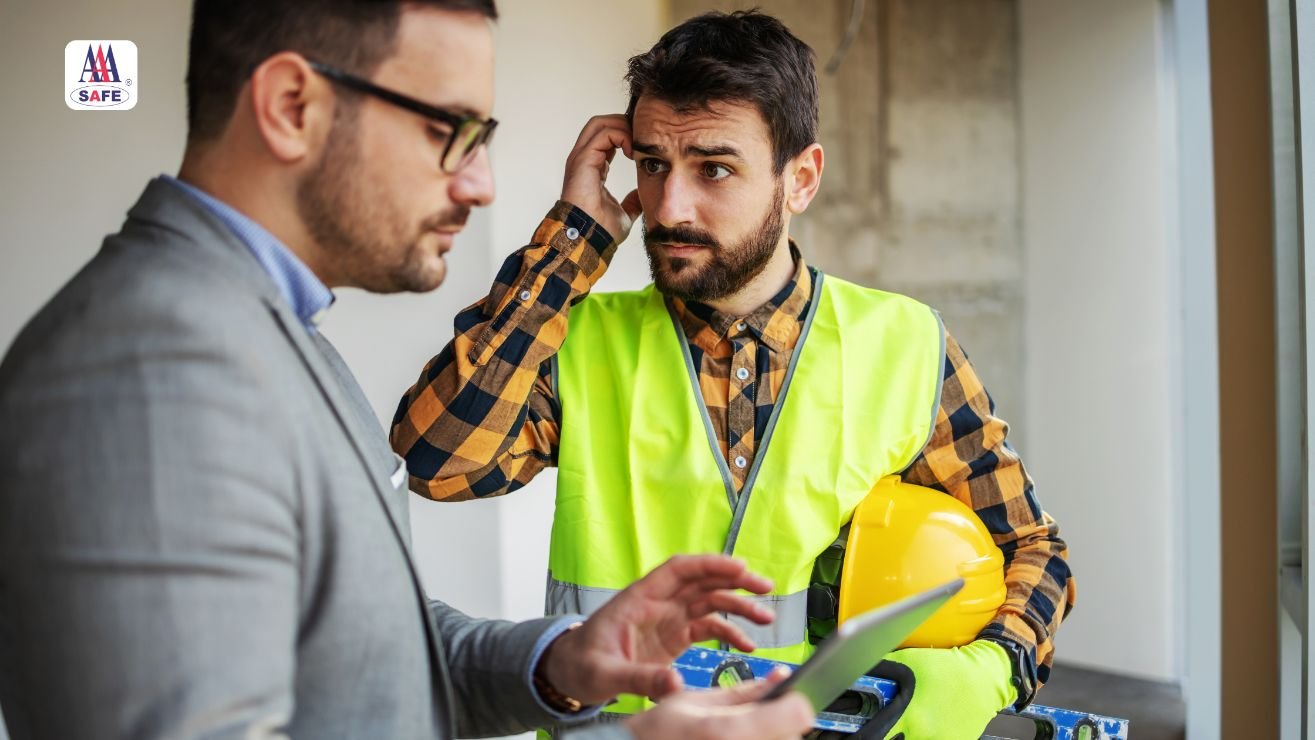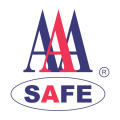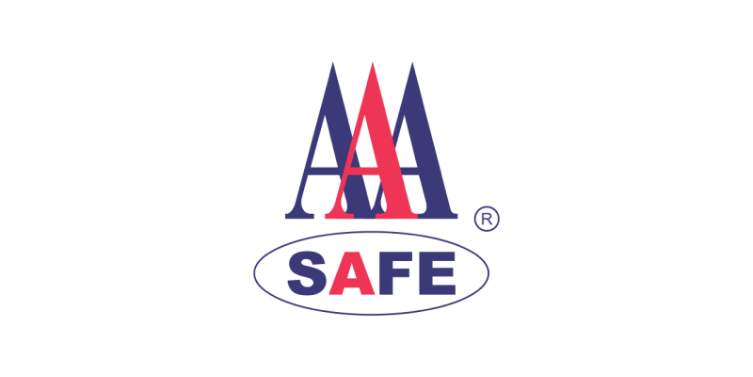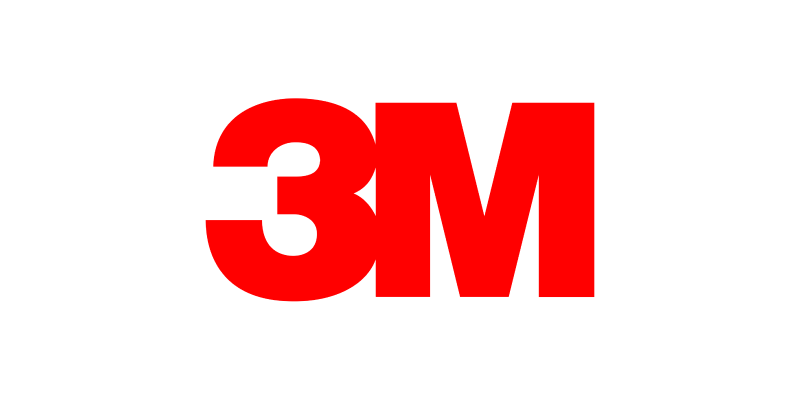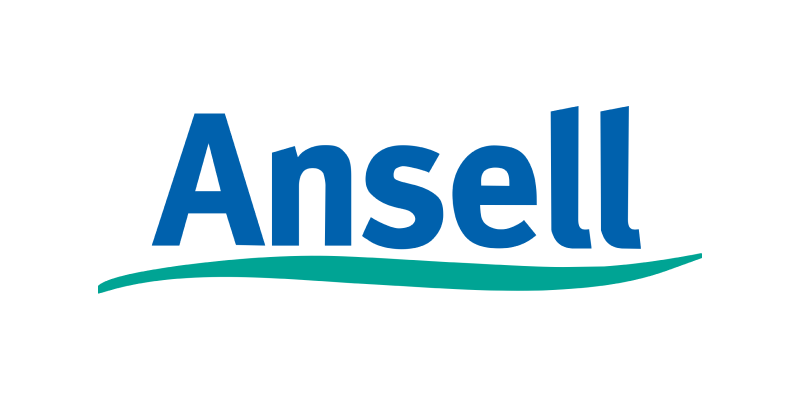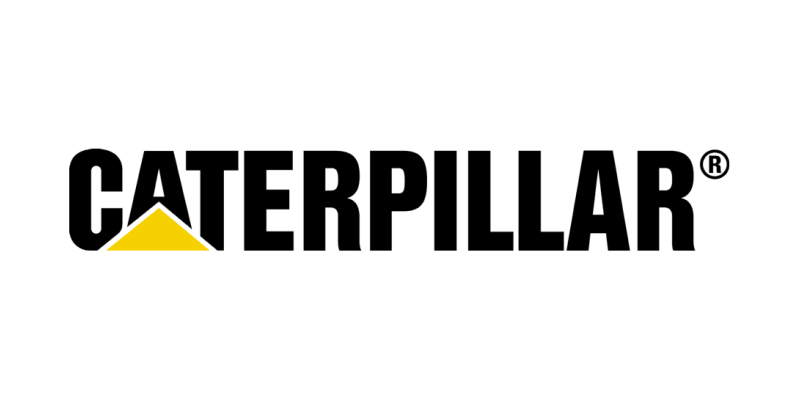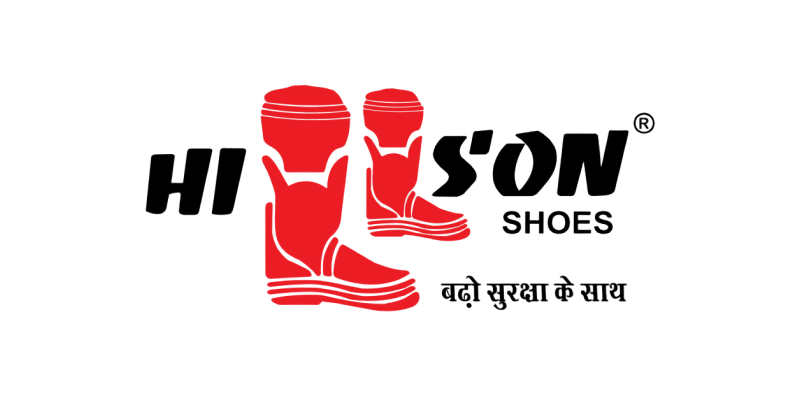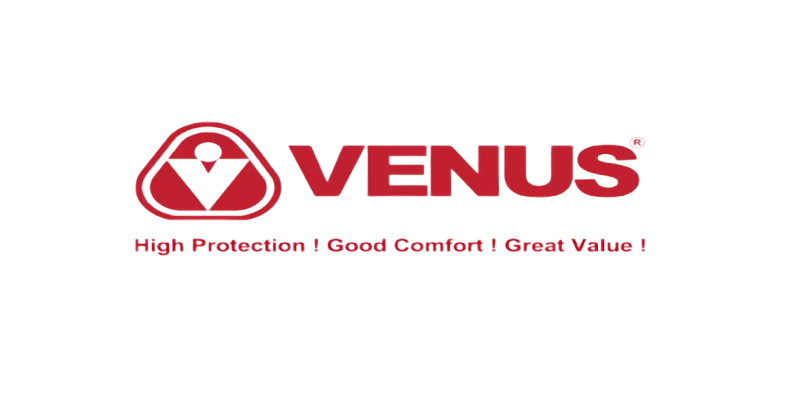Personal Protective Equipment (PPE) is crucial for Dubai-based businesses. The bustling metropolis is known for its rapid growth and ambitious projects. But with this progress comes increased risks for workers. Let’s explore why investing in PPE is not just important, but essential for businesses in Dubai.
Recent statistics highlight the significance of PPE in the UAE. The personal protective equipment market in the UAE is projected to reach $702.4 million by 2025, growing at a CAGR of 7.3% from 2018 to 2025[4]. This growth reflects the increasing awareness and demand for worker safety in the region.
What Makes Dubai a High-Risk City for Workers?
Dubai’s landscape is dotted with construction sites and industrial facilities. These environments pose numerous hazards to workers. From towering skyscrapers to expansive infrastructure projects, the risks are ever-present.
Consider these factors:
- Extreme heat conditions
- High-altitude work environments
- Exposure to chemicals and pollutants
- Heavy machinery operations
Each of these elements contributes to the high-risk nature of work in Dubai. But how does PPE address these challenges?
How Does PPE Protect Workers in Dubai's Unique Environment?
PPE acts as a crucial barrier between workers and potential hazards. In Dubai’s context, this protection is multifaceted:
- Heat Protection: Specialized cooling vests and breathable materials combat heat stress
- Fall Protection: Harnesses and safety nets for high-rise construction
- Respiratory Protection: Masks and respirators to filter out dust and pollutants
- Eye and Face Protection: Goggles and face shields for various industrial tasks
But it’s not just about having PPE. It’s about having the right PPE for the job. Are Dubai businesses equipped with the appropriate gear?
What Are the Legal Requirements for PPE in Dubai?
Understanding the legal landscape is crucial for businesses. In Dubai, PPE regulations are stringent:
- Employers must provide necessary PPE to protect workers from workplace hazards[2]
- Training on proper use and maintenance of PPE is mandatory
- Regular risk assessments are required to determine PPE needs
Compliance isn’t just about avoiding fines. It’s about creating a culture of safety. How can businesses foster this culture?
Why Is Investing in Quality PPE a Smart Business Move?
Investing in PPE goes beyond legal compliance. It’s a strategic business decision:
- Reduced workplace accidents lead to lower insurance costs
- Improved worker morale and productivity
- Enhanced company reputation as a safety-conscious employer
Consider this: The UAE’s construction sector is expected to grow by 4.7% annually[3]. With growth comes responsibility. Are businesses prepared to scale their safety measures?
What Are the Latest Innovations in PPE for Dubai's Climate?
Technology is revolutionizing PPE, especially for Dubai’s unique climate:
- Smart helmets with built-in cooling systems
- UV-resistant fabrics for outdoor workers
- Lightweight, breathable materials for comfort in high temperatures
These innovations address specific challenges faced by workers in Dubai. But are businesses keeping up with these advancements?
How Can Dubai Businesses Ensure Proper PPE Implementation?
Implementing a robust PPE program involves several steps:
- Conduct thorough risk assessments
- Select appropriate PPE for specific tasks
- Provide comprehensive training to workers
- Regularly inspect and maintain PPE
- Foster a culture of safety and compliance
Remember, PPE is the last line of defense. It should complement other safety measures, not replace them.
What Are the Common Challenges in PPE Adoption and How to Overcome Them?
Despite its importance, PPE adoption faces challenges:
- Resistance from workers due to discomfort or inconvenience
- Cost concerns from management
- Lack of awareness about proper usage
Overcoming these challenges requires education, engagement, and investment. How can businesses make PPE a priority without breaking the bank?
FAQs: PPE in Dubai's Business Landscape
Hard hats, safety harnesses, high-visibility clothing, and heat-resistant gear are essential for construction workers in Dubai’s climate and high-rise environments.
The replacement frequency depends on the type of PPE and usage. Generally, items exposed to extreme heat and sun should be inspected more frequently, often every 3-6 months.
Yes, the oil and gas industry in Dubai follows international standards like OSHA and local regulations. Flame-resistant clothing, gas detectors, and specialized respiratory equipment are common requirements.
Small businesses can explore bulk purchasing, leasing options, or partnering with other companies to negotiate better prices. Government subsidies or safety grants may also be available.
Penalties can range from fines to suspension of business operations. The severity depends on the nature of the violation and its potential consequences.
In conclusion, investing in PPE is not just a legal requirement for Dubai-based businesses; it’s a crucial step in protecting their most valuable asset – their workforce. As the city continues to grow and evolve, so too must its approach to worker safety. By prioritizing PPE, businesses not only safeguard their employees but also secure their own future in this dynamic and challenging environment.
